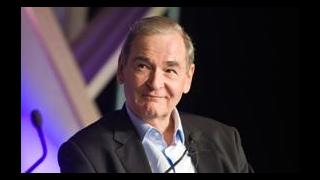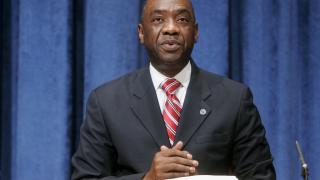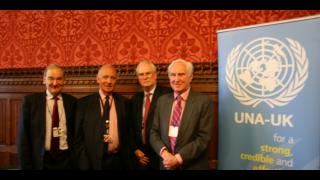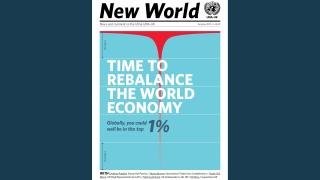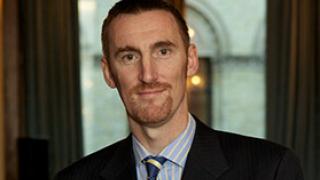
The London Olympics may well be the biggest event in the UK this year – discounting our own UN Forum on 14 July, of course – but the most important global gathering in 2012 will take place in Brazil: the UN’s Rio+20 sustainable development summit. The event offers an opportunity for world leaders to make an historic impact on sustainability and poverty reduction. However, to do that they will need to resist two temptations.
The first is to focus on a narrow definition of sustainability. A new global agreement on climate change to replace the Kyoto Protocol, however much it is needed, will not be achieved in the near future. But it is possible that a new set of ‘sustainable development goals’ could be agreed in Rio. These are set to cover oceans, food, energy, water, consumption and sustainable cities. On the surface, the adoption of such goals might seem a positive step and one that is potentially achievable. Indeed, with the lack of a new global climate deal, it may be the face-saver that world leaders crave. However, the near conclusion of the Millennium Development Goals (MDGs) timetable cannot be ignored and it would be unhelpful for Rio to produce a new set of global goals in isolation from the need to revise international strategies and targets for poverty reduction. A far better outcome would be for the summit to produce a broad commitment on the new goals but for the detail of these to be developed alongside a much-needed revision of the MDGs.
Herein lies the second temptation. There are some who believe that we need to concentrate on delivering the MDGs, while others argue that we should be focusing on what will replace them in 2015 – the target date for achieving the goals. The reality is we need to do both. The future is determined not so much by what happens in the future but by what happens now.
The UK government should be commended for maintaining aid spending in a time of austerity and, through the work of the Independent Commission on Aid Impact, for trying to ensure spending is effective. But despite the UK being on target for the first time to meet a 40-year-old commitment of spending 0.7% of Gross National Income on aid, the recent Queen’s speech lacked a bill to enshrine this as a legal commitment.
We hope that Prime Minister David Cameron’s role as co-chair of the UN’s post-MDGs panel will make the UK’s commitment to international aid unchallengeable by narrowminded domestic lobbies. However, it is likely that the UK will favour an emphasis on economic growth as the main driver of poverty reduction and there is a danger that this will come at the expense of environmental and social considerations. If this is the case, there is more reason than ever to resist both temptations and to blend sustainability and poverty reduction into a new set of joint goals.


